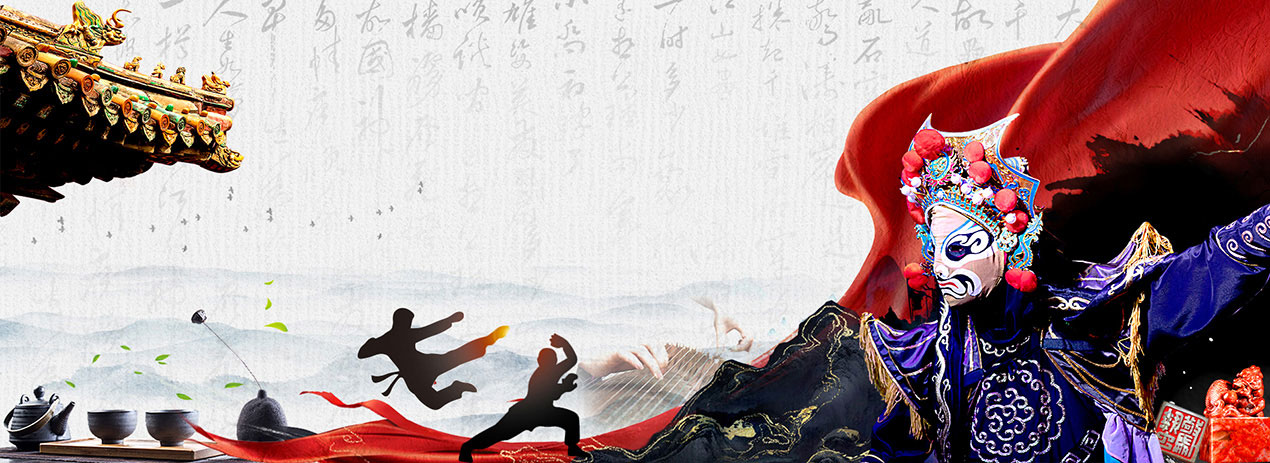
Chinese Culture
China has been the cultural center of the Far East since it was found around 5,000 years ago. China’s neighboring countries, such as Japan and Korea, were the first ones to learn Chinese culture. They sent monks and officials to China to learn Chinese poems, Buddhist scriptures, music, costumes making and political policies, no matter how difficult it was for them to travel to China at that time. Chinese people also learnt the essence of their neighbors, which made Chinese culture more colorful and various.
Chinese culture spread to the Western world with the development of economy. In 1275, an Italian, whose name was Marco Polo arrived in China after a difficult plodding trek of four years. He spent the next 17 years visiting almost every part of China’s territory of the time. In 1295, he went back to his hometown, Venice and composed the famous world wide “Marco Polo’s Travelogue”, in which he described his adventures in China. Since then, more and more westerners have wanted to experience Chinese culture.
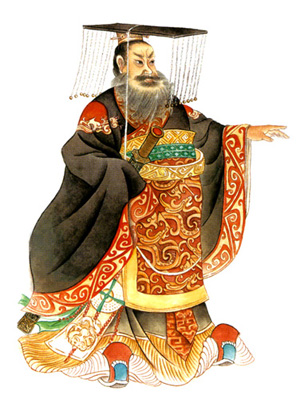 The Emperor Qinshihuang
The Emperor Qinshihuang
The Origins
Most Chinese believe that Chinese culture originated in Xia Dynasty (21st Century BC – 16th Century BC), the first dynasty in the history of China and that the Yellow River is the cradle of Chinese culture. In the Zhou Dynasty (11th Century BC – 256 BC), the core concept of Chinese culture spread to almost every part of the area between the Yellow River and Yangtze River with the development of productive forces.
The Yellow River is considered to be the mother river of the Chinese people. Thousands of ancient relics have been discovered around the river, the relics, like a book, are telling the story of the history of China.
Big Events for the Spreading of Chinese Culture
The Foundation of Qin Dynasty
The Qinshihuang conquered other six states between 230 BC and 221 BC to found the Qin Dynasty, the first feudal dynasty in the history of China. The emperor united the unit of measurement and written language after the foundation of the Qin Dynasty. That was a critical reason why Chinese culture spread so fast. People from different states could not only learn each other’s culture, but also could come together to create new cultures.
Monk Jian Zheng's Japan Trip
Jian Zheng was a monk during the Tang Dynasty (618 AD - 907 AD). He had tried to sail to Japan to spread the Buddhist culture six times. After failing five times, he finally arrived in Japan in 754 AD. He transported enormous books in different subjects to Japan. Lots of specialists accompanied him to Japan. It was during this time foreign people got in touch with Chinese culture on a large scale.
 Marco Polo
Marco Polo
Italian Marco Polo and His Travelogue
Marco Polo started his trip to China in 1271 AD with his father and uncle. After four years’ trek, they finally arrived in China in 1275 during the Yuan Dynasty (1271 AD -1368 AD). Marco Polo traveled to almost every part of China. He then went back to Italy in 1295 AD. He joined in the war between Venice and Genoa and was captured in 1298 AD. He spent the rest of his life in prison, but fortunately, he told his stories in China to Rustichello, one of his inmates. Rustichello composed the “Marco Polo’s Travelogue” based on Marco’s words. The travelogue describes China as a paradise. This is the reason why so many westerners flooded to China over the next few centuries.
Note: There are scholars who do not believe Marco Polo had ever arrived in China, because there is almost no proof to support Marco’s words.
Developed Countries' Invasion to China between 1840 and 1945
The British smashed the gate of China in 1840 via the First Opium War. Countless ancient relics were transported to other countries. The citizens of China were forced to communicate with foreign merchants (Common Chinese people were not allowed to do business with foreign people at that time). Foreigners learnt Chinese cultures via the background stories of the relics. They thought some aspects of the cultures were good and spread them in their own countries. More and more Chinese workers, who actually were slaves, were transported to the western world. A few of the salves survived and developed their own business in new countries. They also contributed in teaching the westerners some aspects of their own cultures.
Future
It is an obvious situation that foreigners are becoming more and more addicted to Chinese culture. They travel to China to learn Chinese languages, not only the official language, but also dialects. Some of them stay in China, get married with Chinese people and begin business in China. Chinese culture will become a world-wide culture in a short time.
Festivals in China
Chinese Culture Topics
Chinese Tea

Chinese Porcelain

The 24 Solar Terms

Beijing/Peking Opera
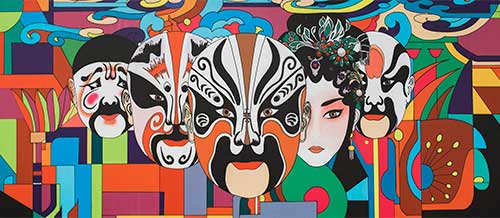
Chinese Food

-
What is Chinese Food?
-
Regional Cuisines in China
-
Cooking Methods, Techniques and Utensils
-
Meats in Chinese Food
-
Staples, Tofu and Vegetables
-
Dim Sum
-
Chinese Beverages
-
Restaurants, Customs and Etiquette
-
Popular Food for Special Occasions
-
Chinese Food and Health
-
What the Chinese Eat for Breakfast, Lunch and Dinner?
-
7 Interesting Things about Chinese Kitchens
Chopsticks

Dumplings

Architecture

Zodiac & Astrology
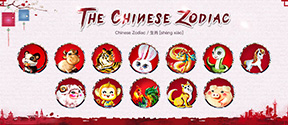
-
Rat (2008, 2020, 2032)
-
Ox (2009, 2021, 2033)
-
Tiger (2010, 2022, 2034)
-
Rabbit (2011, 2023, 2035)
-
Dragon (2012, 2024, 2036)
-
Snake (2013, 2025, 2037)
-
Horse (2014, 2026, 2038)
-
Sheep (2015, 2027, 2039)
-
Monkey (2016, 2028, 2040)
-
Rooster (2017, 2029, 2041)
-
Dog (2018, 2030, 2042)
-
Pig (2019, 2031, 2043)
-
Find Your Chinese Zodiac Sign
Chinese Kungfu

Traditions

Baijiu/Chinese Alcohol

Dragon

Grottoes
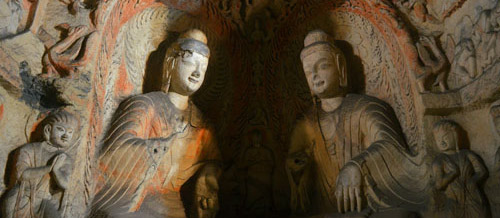
Folk Culture
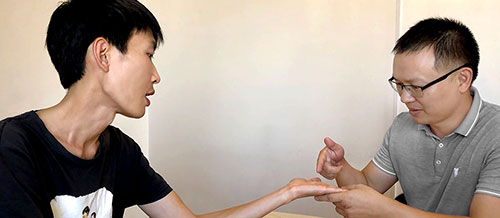
Healthcare & TCM

Character & Painting

Chinese History
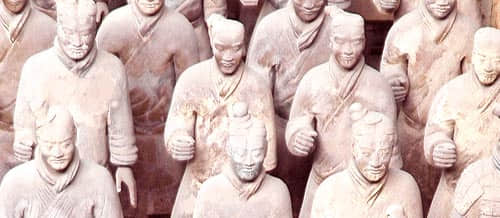
Chinese Tea

Chinese Porcelain

The 24 Solar Terms

Beijing/Peking Opera

Chinese Food

- What is Chinese Food?
- Regional Cuisines in China
- Cooking Methods, Techniques and Utensils
- Meats in Chinese Food
- Staples, Tofu and Vegetables
- Dim Sum
- Chinese Beverages
- Restaurants, Customs and Etiquette
- Popular Food for Special Occasions
- Chinese Food and Health
- What the Chinese Eat for Breakfast, Lunch and Dinner?
- 7 Interesting Things about Chinese Kitchens
Chopsticks

Dumplings

Architecture

Zodiac & Astrology

- Rat (2008, 2020, 2032)
- Ox (2009, 2021, 2033)
- Tiger (2010, 2022, 2034)
- Rabbit (2011, 2023, 2035)
- Dragon (2012, 2024, 2036)
- Snake (2013, 2025, 2037)
- Horse (2014, 2026, 2038)
- Sheep (2015, 2027, 2039)
- Monkey (2016, 2028, 2040)
- Rooster (2017, 2029, 2041)
- Dog (2018, 2030, 2042)
- Pig (2019, 2031, 2043)
- Find Your Chinese Zodiac Sign
Chinese Kungfu

Traditions

Baijiu/Chinese Alcohol

Dragon

Grottoes

Folk Culture

Healthcare & TCM

Character & Painting

Chinese History

 China Public Holiday Calendar in 2026
China Public Holiday Calendar in 2026 Chinese New Year/Spring Festival
Chinese New Year/Spring Festival Chinese Lantern Festival
Chinese Lantern Festival The Qingming Festival
The Qingming Festival Dragon Boat Festival
Dragon Boat Festival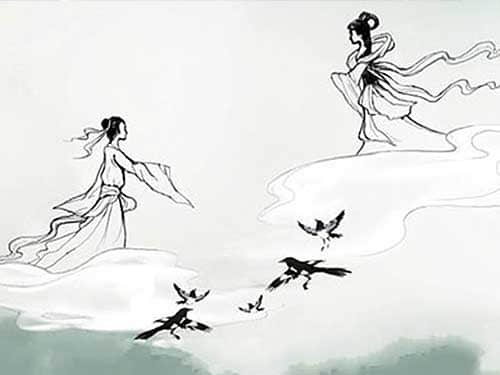 Double Seventh Festival
Double Seventh Festival Zhongyuan/Ghost Festival
Zhongyuan/Ghost Festival Mid-Autumn Festival
Mid-Autumn Festival Double Ninth Festival
Double Ninth Festival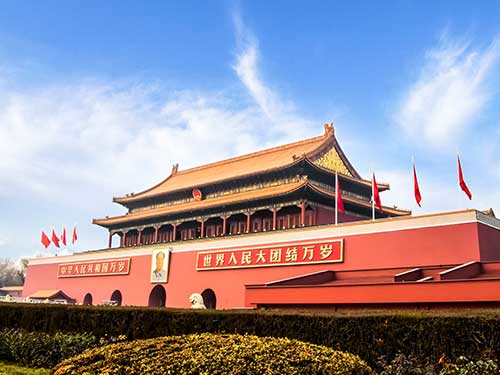 China's National Day/Golden Week
China's National Day/Golden Week Christmas in China
Christmas in China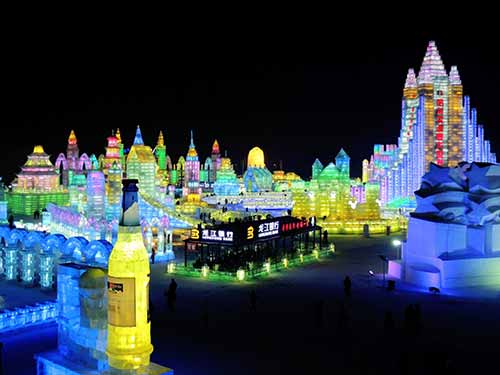 Harbin International Ice and Snow Festival
Harbin International Ice and Snow Festival Shopping Festivals in China
Shopping Festivals in China
 Chinese Music
Chinese Music How to be Lucky in China
How to be Lucky in China  The School District House Fever in China
The School District House Fever in China